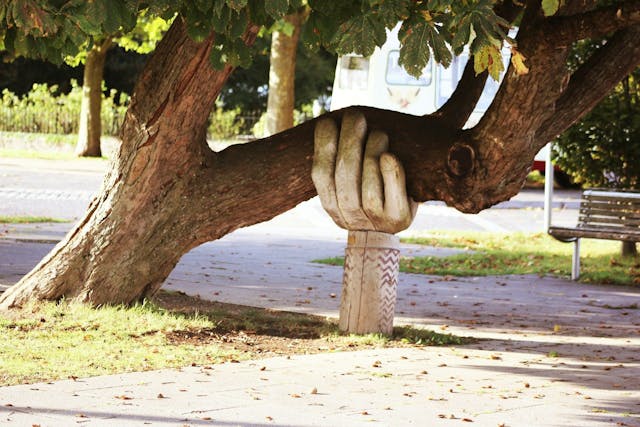Max Hahn: "Poverty won't disappear in an instant"

John Moeses Bauan, Unsplash
In an interview with Le Quotidien, Minister of Family and Solidarity Max Hann spoke about the key challenges of Luxembourg's social sector and plans for 2025.
The minister noted that the non-utilisation of social benefits remains a major problem. For example, almost 30 per cent of households eligible for Revis have not applied for it in 2024. To address this problem, automated application processes are being introduced. There are also plans to open a social centre in 2025, where assistance will be available through a physical office, hotline, online platform and mobile teams.
Hahn emphasised that high rents remain one of the main causes of poverty. At the same time, 70-75 per cent of citizens entitled to housing subsidies do not use them. The Minister emphasised the need to increase affordable housing, including through the creation of modular structures for temporary accommodation of homeless people and refugees.
In 2024, Wanteraktioun's programme to help the homeless has expanded to 300 beds, and in 2025 400 beds will already be needed. Hahn said the programme attracts people from neighbouring countries, which puts extra pressure on the system. There are plans to build small temporary shelters across the country to address the problem.
The Minister emphasised the importance of integrating people with disabilities into society. The government is working on campaigns to raise awareness among employers and to create semi-independent living structures for people with disabilities.
Hahn presented the initiative of Luxembourg's first-ever national anti-poverty plan, which will combine the efforts of different ministries in areas such as education, health, finance and housing. This plan will be presented by the end of 2025.
The minister's main task is to improve the quality of life of the most vulnerable people, including children, pensioners, people with disabilities and refugees. According to Hahn, the Ministry of Family and Solidarity endeavours to tackle tasks that no one else will do.





